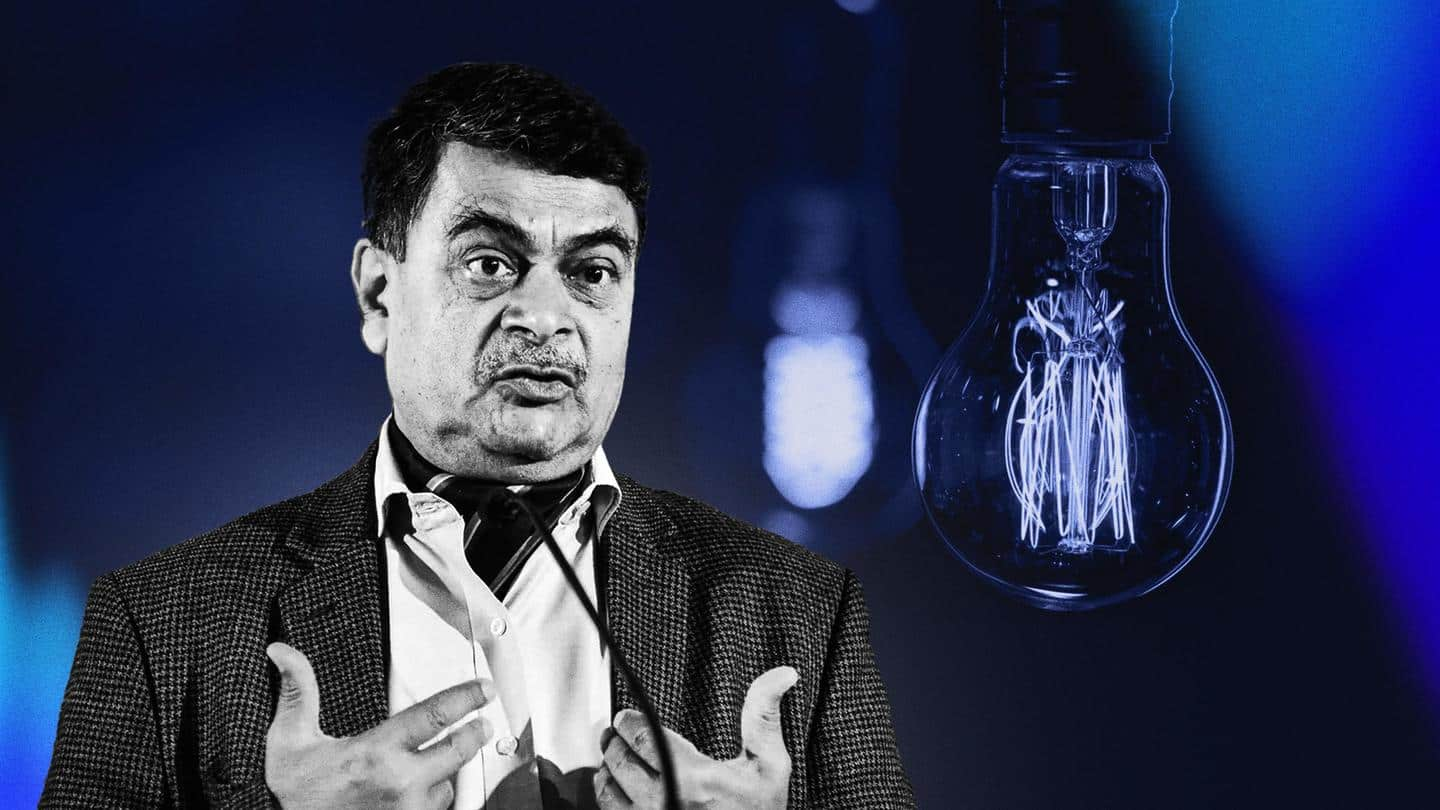
#NewsBytesExplainer: Electricity (Amendment) Bill, 2022, its issues and benefits
What's the story
The Centre introduced the Electricity (Amendment) Bill, 2022, in the Lok Sabha on Monday, and it was quickly forwarded to the Parliamentary Standing Committee on Energy for further discussion.
The proposed revisions provide consumers, among other things, a choice of electricity suppliers, similar to mobile and internet service providers.
Here we describe the Bill and its issues and benefits.
Context
Why does this story matter?
The Bill came amid a debate over freebies by political parties, which have, among other things, made different state power distribution companies (discoms) defaulters of power-generating companies.
Data shows discoms in three states—Tamil Nadu, Maharashtra, and Telangana—owe almost 57% of total dues to these power-generating companies, followed by BJP-ruled Uttar Pradesh and Madhya Pradesh, along with Jammu and Kashmir, owing 26% of the dues.
Details
Some proposals in the the amendment bill
The Bill proposes to alter Sections 42 and 14 of the 2003 Electricity Act to allow competition in the retail distribution of power by giving customers the opportunity to pick suppliers.
This would work in the same way that customers choose mobile service or internet service providers.
If revised, these sections will enable the usage and open access to distribution networks by all licensees.
Tariff
Provision for fixing ceiling on tariffs
With the revision of Section 62 of the Act, the Bill aims to provide for mandatorily fixing the minimum and maximum tariff ceilings to discourage predatory pricing by power distribution firms.
In addition, the Bill includes many elements to ensure graded and timely tariff changes to help in providing the state power utilities with enough funds to make prompt payments to power producers.
Details
Strengthening of regulatory mechanism
The Bill also attempts to boost payment security measures and provide regulators with more authority through modifications to Section 166 of the Act.
"It has become necessary to strengthen the regulatory mechanism, adjudicatory mechanism in the Act, and to bring administrative reforms through improved corporate governance of distribution licensees," according to the Bill.
Reaction
Opposition from different parties
A number of opposition-ruled states and leaders are opposed to the Bill's provisions. The prominent among them is Delhi Chief Minister Arvind Kejriwal.
He called the law "dangerous" and warned it will help a few electricity distribution companies.
"People's suffering will increase. Only a few companies will benefit. I appeal to the Centre not to bring this in haste," he wrote in the tweet.
Opposition
Ruckus in the Lok Sabha
In opposition to the Bill, the Lok Sabha witnessed uproar and unruly scenes recently.
Opposition parties like the Congress, Dravida Munnetra Kazhagam, and Left parties called for its cancellation while BJP allies like the YSR Congress Party and the Biju Janata Dal insisted on extensive consultations.
Revolutionary Socialist Party's NK Premachandran while opposing the Bill, claimed that the contents violated the federal system.
Benefits
But how will the amendments help?
The Bill is aimed at addressing the issue of the poor financial health of the power distribution companies.
As per estimated figures, the discoms owe over Rs. 1 lakh crore to power generation companies, who in turn have massive dues with Coal India Ltd.
The entire supply chain in the power sector has been strained due to such payment-related issues.
Response
How did the Centre respond to opposition?
The Centre has argued that the Bill in no way eliminates the provision for power-related agricultural subsidies.
The amendments are targeted at boosting the sector's efficiency and will not limit the role of the states, it said.
In response to the opposition, Power Minister RK Singh stated that the Bill will be thoroughly examined by the parliamentary standing committee.